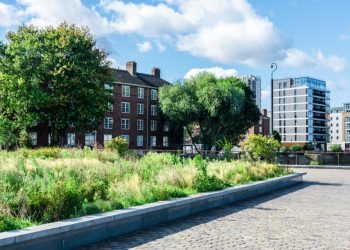With the summer almost upon us, second home markets around the country are usually preparing for an influx of vacationers this time of year. Of course, this is not your typical year. While city real estate is being impacted in its own way, now is a relevant time to consider what this pandemic could mean for home values in resort and vacation markets.
Historical Implications
During a recession, which most economists agree we’re heading toward, second-home markets are hit harder than primary markets, like cities and suburbs. As everyone looks to limit their spending, of course it makes sense that they are less likely to purchase a vacation home near the beach, mountains or elsewhere. However, being that this is entirely different from previous recessions, one could argue that the past is not necessarily the best point of guidance and certain second-home markets will fare better than others during this crisis.
Beyond Urban
For decades, the percentage of Americans living in cities has grown. Suddenly, many are considering a home outside the city as well. Only time will tell if this is a temporary or permanent shift, but, in the short term, suburbs of major metropolitan areas are likely to see more activity. Yet, when you consider that so many people are working remotely for the foreseeable future, they can literally live anywhere. These workers are no longer limited to a suburb that they can commute to the office from.
Location Matters
Now this isn’t to say that far-flung holiday destinations that require getting on a plane are going to suddenly see a surge in buyers. What is possible, though, is that certain markets that are within a drive of major cities, such as the Hamptons, Palm Springs or Napa Valley, for example, could fare better during a recession than they would have in the past. A second-home market that’s within easy reach of a city, and still has access to quality healthcare, is going to have strong appeal to luxury buyers who can work from home and are looking for a less densely populated environment.











